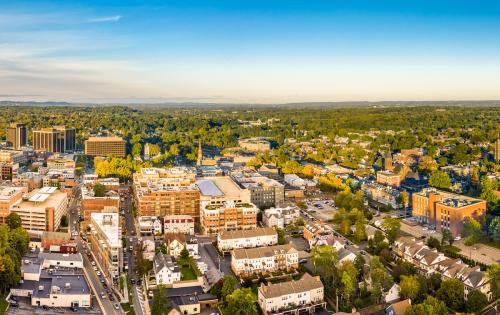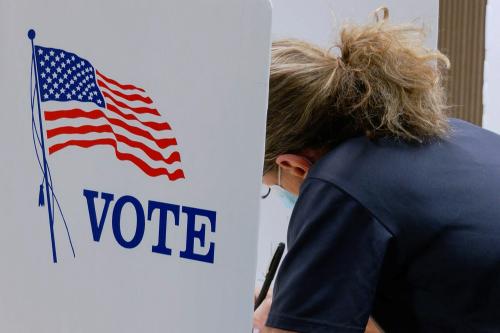Editor’s Note: In an interview with NPR Host Rachel Martin, Thomas Mann speaks about the economic and political impact of sequestration. He is the co-author of a book about political gridlock, called It’s Even Worse Than It Looks.
RACHEL MARTIN, HOST: So, the satirical news site the Onion ran a headline this past week, and it read as follows: Obama, Congress must reach deal on budget by March 1st, and then April 1st and then April 20th and then April 28th and then May 1st and then twice a week for the next four years. Now, the Onion headline is fake, yes, those deadlines are not real, but it can be hard to tell, considering the current political climate in Washington.
Thomas Mann has followed Congress for a long time. He’s a congressional scholar at the Brookings Institution here in Washington, and he says the careening from fiscal crisis to fiscal crisis has taken a toll.
THOMAS MANN: It’s really quite devastating. We’ve come through the worst financial economic crisis since the Great Depression in reasonably good shape. But in the course of setting up these artificial crises and insisting on immediate cuts, we’ve actually slowed the rate of growth. We’ve made job creation all the more difficult and, in general, embarrassed ourselves in front of the rest of the world.
MARTIN: Interesting though, Wall Street seems to have adapted to this “new normal.” quote, unquote. But is this a good thing that Wall Street has adapted, or not a good thing?
MANN: That’s a good question. Wall Street and, frankly, the bond market are responding to the fundamentals of our economy and the U.S. relative to the rest of the world. More immediately, the sequester itself is not seen as capable of disrupting the macroeconomy. The damage it does is uneven across the country and to individual Americans. It will roll out slowly over time and it will hurt us on the longer-term quest to make the kind of investments and changes we need to thrive over the long haul. But it’s just not an immediate catastrophe for the overall economy.



Commentary
As ‘Devastating’ as Sequester is, not ‘Immediate Catastrophe’
March 3, 2013